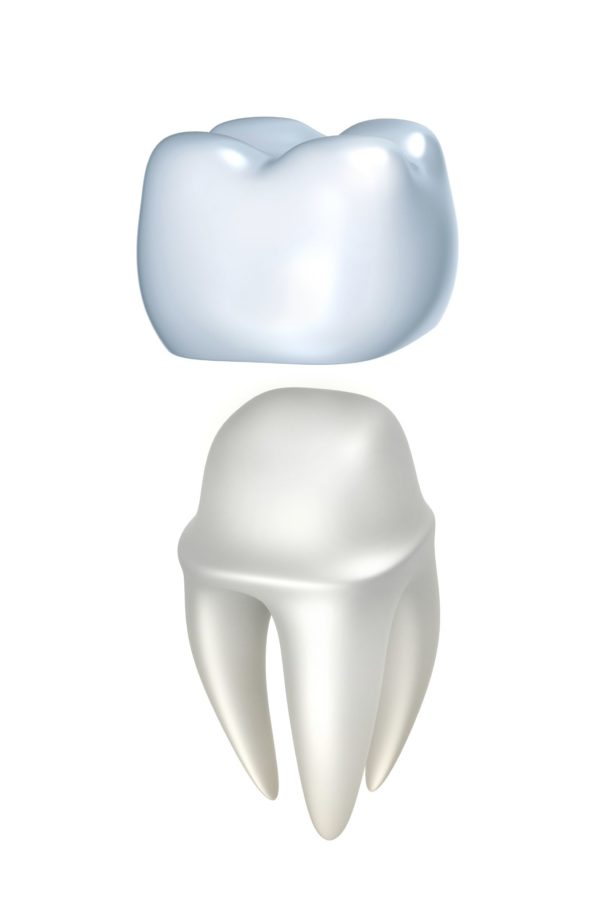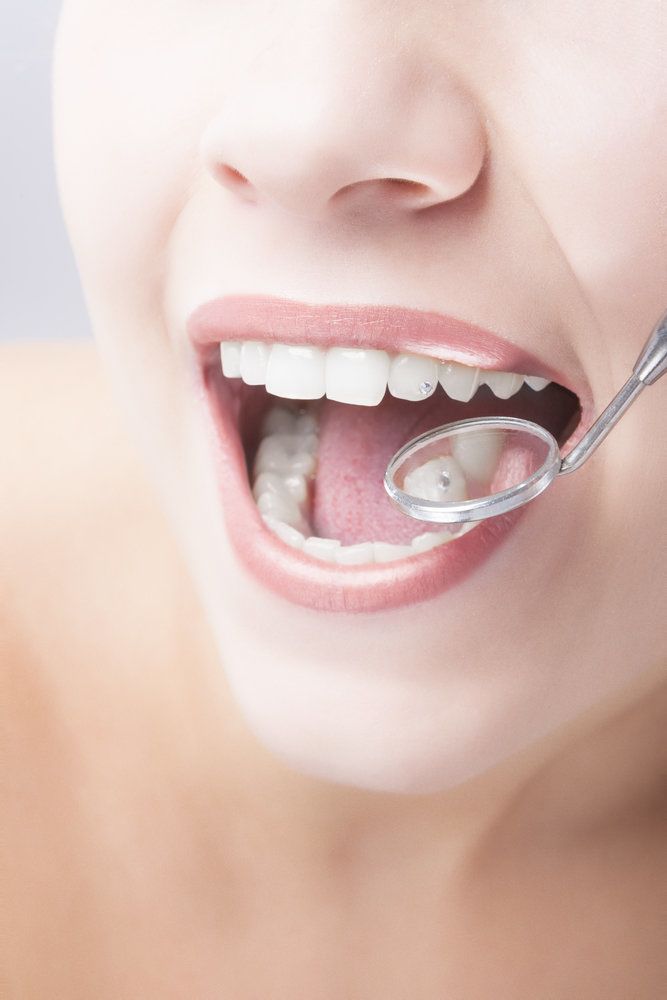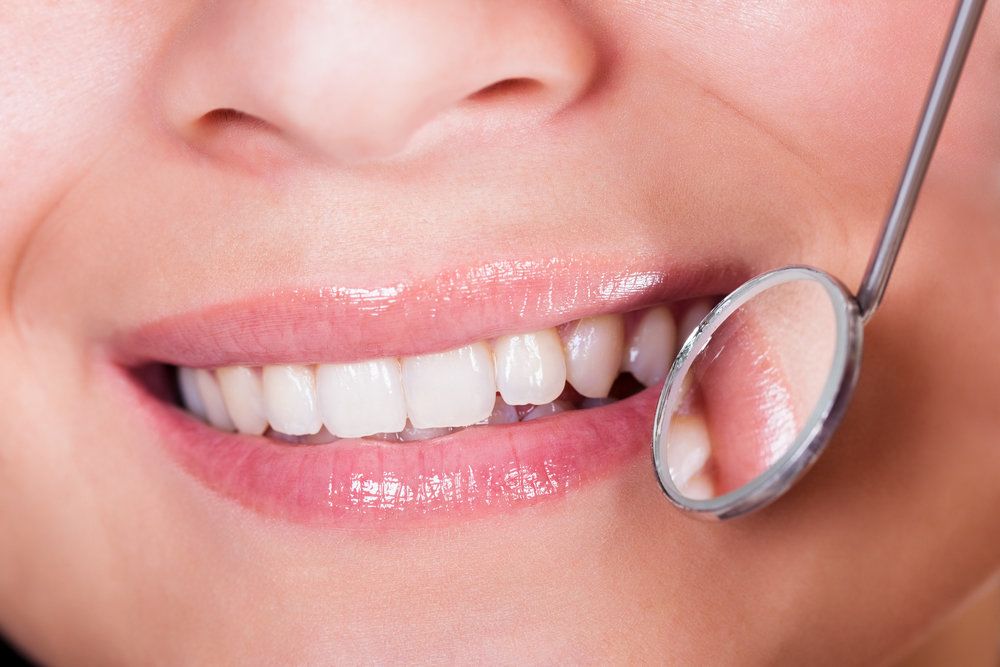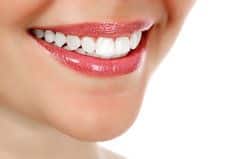Application for Dental Fillings vs. Dental Crowns
Under ideal circumstances, the teeth would remain strong and healthy and no one would ever require any dental care other than routine exams and cleanings. However, the real world is often far from ideal, and it is completely normal for the teeth to be in need of some restorative care. Restorative dentistry treatments address oral health problems to restore the strength, structure, and health of a damaged tooth. There are a number of restorative treatments that can achieve these goals, and determining which technique is the most appropriate for each patient’s unique situation is crucial to the ultimate success of treatment. Dr. Robert Rapisarda discusses two of the most common of these treatment options to help his patients understand the applications of dental fillings vs. crowns at his Barre, MA dental practice.
Dental Fillings
Dental fillings are one of the most frequently performed restorative dental treatments. In fact, most people have received a dental filling at least once in their lifetime. This is because dental fillings are most often used to repair dental cavities, which are one of the most common oral health problems. Dental fillings can be extremely effective in repairing minor to moderate cases of tooth decay (generally referred to as dental cavities), but their applications are fairly limited. Any decay or damage that is more severe in nature will require alternate restorative treatment.
The dental filling treatment procedure is fairly straightforward. Dental fillings are also known as direct fillings, because the filling material is applied directly to the damaged tooth, where it is shaped to the tooth, and then hardened in place. Dental filling treatment can be completed in a single dental appointment that is usually under an hour in length.
Dental Crowns

Dental crown treatment is more complex than that of a dental filling, and does usually require two dental appointments. This is because dental crowns are indirect restorations. Unlike fillings, which are applied directly to the teeth, dental crowns are designed, and then fabricated in a dental laboratory. The tooth can be cleaned and reshaped at an initial dental appointment, and the plans for the crown will be made, but a second appointment will be necessary once the crown is complete, so that it can be bonded to the tooth. A dental crown sits over the tooth much like a hat, which is where it gets its nickname, a dental “cap.” In this way, a dental crown strengthens and protects the tooth from all sides, truly enhancing it structure, as well as its aesthetics.
Both dental fillings and dental crowns can restore a damaged tooth and prevent more serious complications from developing. Dr. Rapisarda will consider the details of each patient’s case to determine which of these treatments is most appropriate in each situation.
Contact Us
If you are concerned about the health of your smile, it is time to seek professional dental care. Dr. Robert Rapisarda has been caring for his patients’ smiles for over 20 years. If you’d like to learn more about our comprehensive range of dental treatments and our high quality level of care, contact us at your earliest convenience.
Application for Dental Fillings vs. Dental Crowns Read More »









